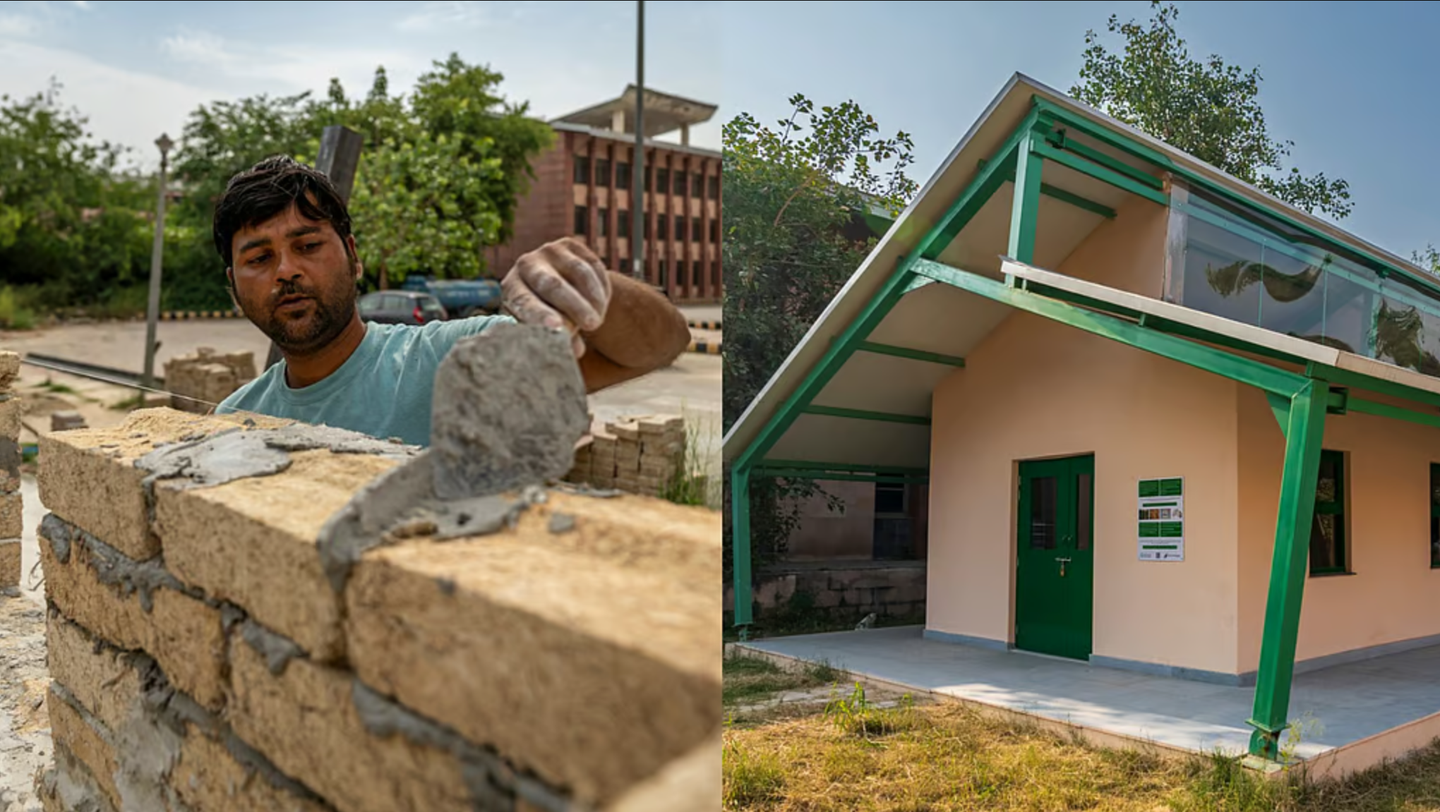Expressing gratitude can help you live longer, study finds
Prior research has shown an association between gratitude and lower risk of mental distress and greater emotional and social well-being

Experiencing gratitude might help older adults live longer. (CREDIT: Creative Commons)
Experiencing gratitude might help older adults live longer, according to a new study from Harvard T.H. Chan School of Public Health.
“Prior research has shown an association between gratitude and lower risk of mental distress and greater emotional and social well-being. However, its association with physical health is less understood,” said lead author Ying Chen, a research scientist in the Department of Epidemiology. “Our study provides the first empirical evidence on this topic, suggesting that experiencing grateful affect may increase longevity among older adults.”
The study, published in JAMA Psychiatry, used data from the Nurses’ Health Study to assess gratitude levels and mortality among 49,275 older women. In 2016, participants, with an average age of 79, completed a six-item Gratitude Questionnaire. They responded to statements such as “I have so much in life to be thankful for” and “If I had to list everything that I felt grateful for, it would be a very long list.” By 2019, researchers followed up to identify deaths among the participants, noting all-cause mortality as well as specific causes like cardiovascular disease, cancer, respiratory diseases, neurodegenerative diseases, infections, and injuries. They recorded 4,608 deaths during the study period, with cardiovascular disease being the most common specific cause.
The study found that participants with the highest Gratitude Questionnaire scores had a 9% lower risk of all-cause mortality over the next four years compared to those with the lowest scores. Gratitude showed protective effects against all specific causes of mortality studied, particularly cardiovascular disease.
To accurately measure gratitude’s impact on mortality, the researchers took a conservative approach, controlling for sociodemographic data, health history, and lifestyle factors. These included social participation, religious involvement, and optimism, which often overlap with gratitude.
“Prior research indicates that there are ways of intentionally fostering gratitude, such as writing down or discussing what you are grateful for a few times a week,” said Chen. “Promoting healthy aging is a public health priority, and we hope further studies will improve our understanding of gratitude as a psychological resource for enhancing longevity.”
Other contributors to the study included Olivia Okereke, Henning Tiemeier, Laura Kubzansky, and Tyler VanderWeele.
The study was funded by the Templeton Foundation (grant 61075) and the National Institutes of Health (grant CA222147).
Note: Materials provided above by the The Brighter Side of News. Content may be edited for style and length.
Like these kind of feel good stories? Get the Brighter Side of News' newsletter.
Rebecca Shavit
Science & Technology Journalist | Innovation Storyteller
Based in Los Angeles, Rebecca Shavit is a dedicated science and technology journalist who writes for The Brighter Side of News, an online publication committed to highlighting positive and transformative stories from around the world. With a passion for uncovering groundbreaking discoveries and innovations, she brings to light the scientific advancements shaping a better future. Her reporting spans a wide range of topics, from cutting-edge medical breakthroughs and artificial intelligence to green technology and space exploration. With a keen ability to translate complex concepts into engaging and accessible stories, she makes science and innovation relatable to a broad audience.



